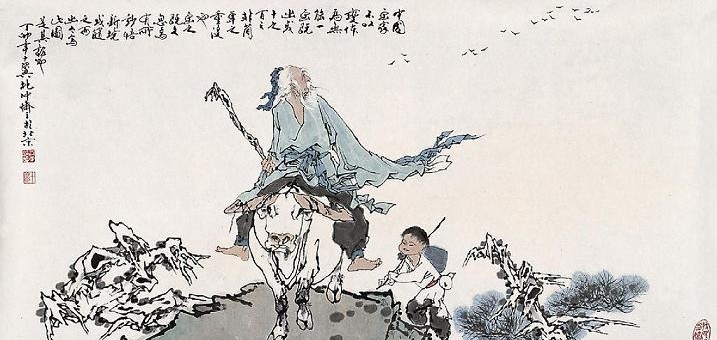
As host of an international network* I have the opportunity to offer a unique seminar.
This two day seminar explores the art of seeing and learning in complex systems. We use key notions of traditional Eastern wisdom as inspiration and guidance in dealing with complex systems. By experiencing, activating ‘right brain’ processes and looking at situations in terms of overall patterns rather than of causal chains we acquire an extra dimension in our systemic thinking and action.
Dealing with complexity
Understanding complexity means giving up the notion of a linear relation between cause and effect. Acting on a complex system from outside is rarely effective. Even the best intentions often lead to unpredictable consequences. In order to be effective, action must tap into the intelligence of the system itself, must cultivate the intrinsic potential of the system.
Minimal action, gentle attitude
Appropriate action, when dealing with a complex system, often starts with non-action, with a pause for creative reflection. The ensuing intervention can be minimal, yet highly effective. Like in martial arts, the skillful practitioner does not frontally oppose the force that is coming at him, but gently deflects it by creating a vacuum.
“The Dao is constantly non-doing” (Laozi 37)
Reading the play of patterns – Synchronicity
In order to respond effectively we must be able to read the interplay of patterns in the situations that confront us. Beyond the obvious cause and effect factors, what subtle patterns are activated? Often these patterns will not merely be out there, but also mirror something of our own attitude.
A mirror of the present – The I Ching
The ancient Chinese believed that each moment in time has a specific quality, which can be read through any detail of what is presented to us. They devised the I Ching, a three thousand years old divination system, as a tool to read the quality of the moment and guide us to act in accord with the time. We will learn how to use this tool in order to illuminate aspects of the situation we face, and of our own attitude in it that may elude a merely rational analysis.
Systems dancing on the edge – Yin and Yang
The Chinese saw all phenomena arising from the interplay of two fundamental qualities, that can be described as light and darkness, movement and stillness, energy and form, etc. They saw these two qualities as constantly transforming into each other. Holding a dynamic view of processes and beholding the complementarity of opposites is crucial for dealing appropriately with complex systems.
*Few words about our international network
The event is hosted from Finland by The Metanoia Institute that represents psychodynamic and systemic organisational research on the Advanced Organisational Consultation level and it has the backing of an extensive international cooperating network.
I am co-hosting this event with Jukka Pekka Heikkilä, researcher and consultant at Humap, Finland and consultant/coach Jeanine Jansen.
Workshop leader is Shantena Sabadini has been a theoretical physicist, a farmer and an original translator of the I Ching. He gives lectures, courses and seminars about using the ancient Chinese oracle, as a tool for introspection and about the relevance of Taoist thought for our post-modern predicament.
Details ~ only room for 2 more participants
Investment: € 280 ex VAT & hotel stay.
Schedule: 17.9 from 10 – 17, 18.9 from 9 – 16.
Venue: The Crossboat at the De Ceuvel an eco-community in Amsterdam Noord
For more information or to register contact me: jouke@joukekruijer.nl
Leave a Reply